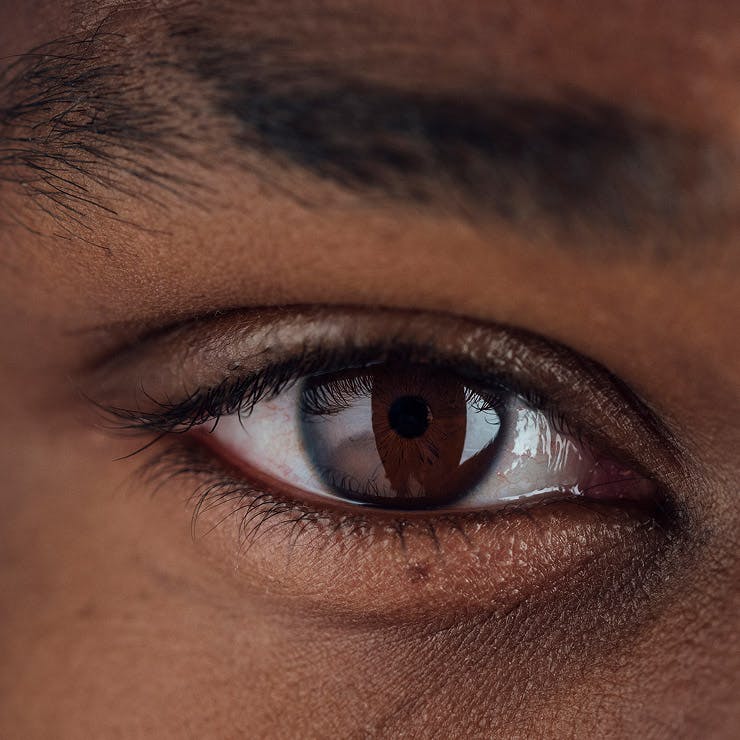Enjoy seamless vision at every distance with multifocal lens implants from an expert surgeon trusted worldwide.
What Are Multifocal Lens Implants?
Multifocal intraocular lenses (IOLs) are advanced implants designed to restore sharp vision across near, intermediate, and far distances, reducing or even eliminating the need for reading glasses or bifocals after cataract surgery. Unlike monofocal lenses, which focus at only one distance, multifocal IOLs feature multiple zones that allow your eye to adjust naturally to a range of visual tasks.
At Cohen Eye Institute, every multifocal lens selection is highly personalized. Dr. Ilan Cohen—a premium lens specialist with over 80,000 surgeries performed—uses his proprietary RealSight™ measurement system to map your eye’s anatomy in detail. This advanced diagnostic approach captures subtle irregularities and astigmatism levels that traditional methods may miss, allowing for more precise lens power calculations and placement.
This means better night driving, easier reading, and greater visual comfort on digital screens—all without relying on glasses. When you choose multifocal lens implants at Cohen Eye Institute, you’re choosing a blend of world-class expertise, cutting-edge technology, and a surgical plan built specifically around your vision goals.












